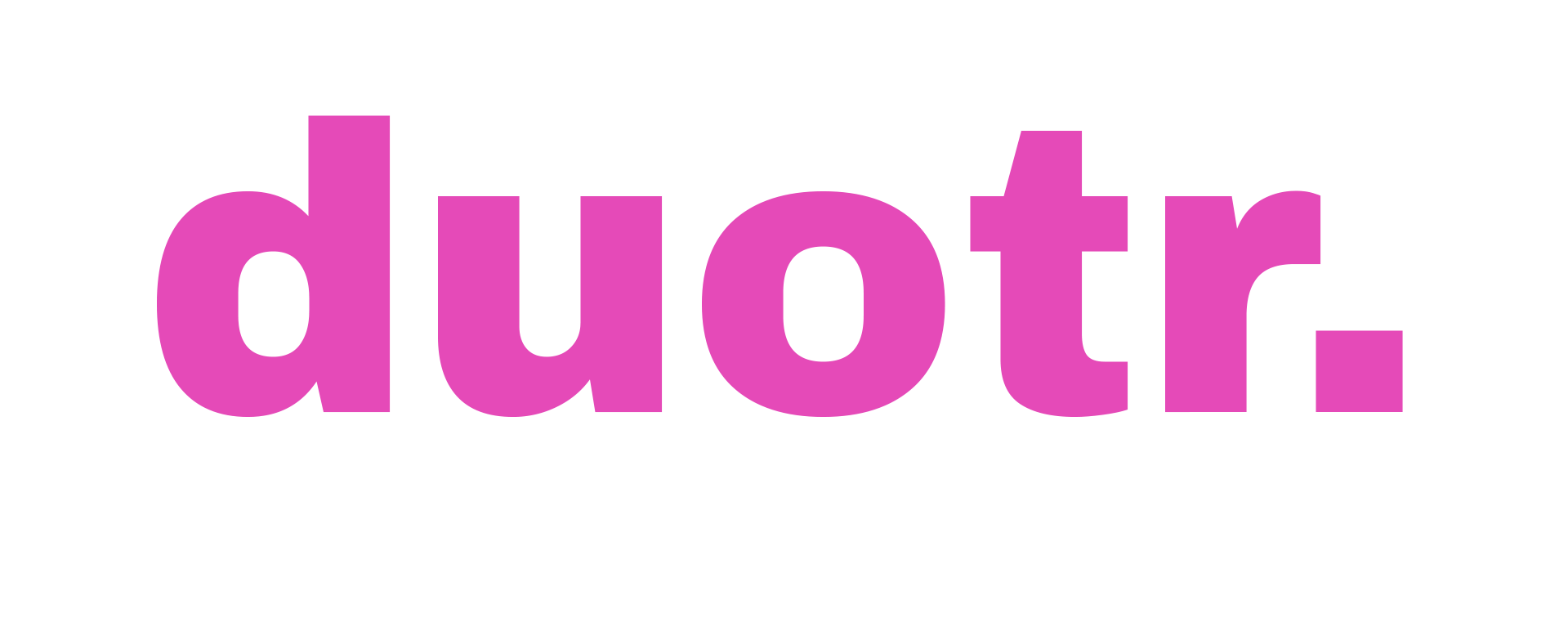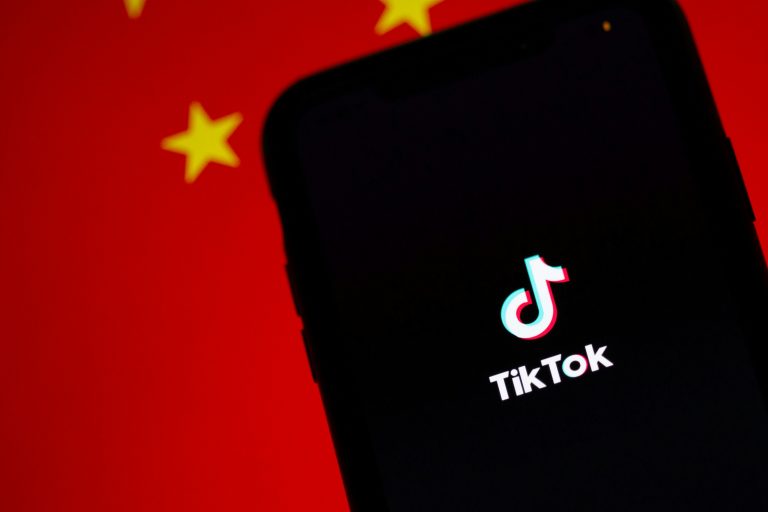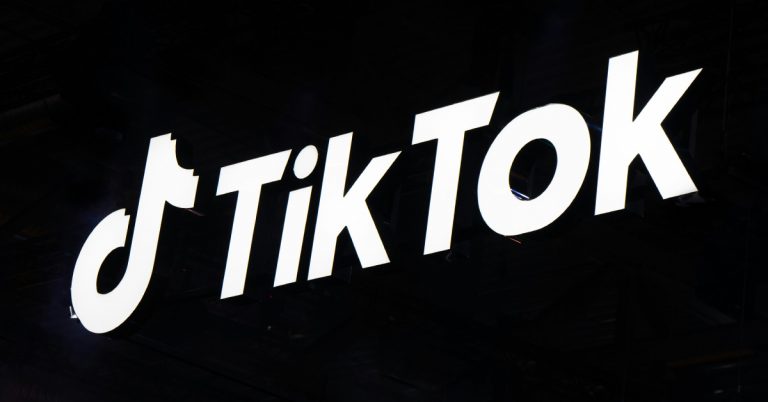YouTube Declares War on Clickbait: Misleading Videos to Be Removed Without Warning
In a bold move to clean up its platform, YouTube has announced it will start removing videos with misleading titles or thumbnails—commonly known as clickbait—without prior warning to creators. This initiative aims to enhance viewer experience by ensuring content accurately represents its promises.
Clickbait has long been the junk food of the internet: enticing, addictive, but ultimately unsatisfying. YouTube’s new policy targets “egregious” offenders, particularly those misrepresenting breaking news or current events. For instance, a video titled “The President Resigned!” that fails to discuss any presidential resignation would be in violation.
Initially, this crackdown will roll out in India, YouTube’s largest market, before expanding globally in the coming months. During the initial phase, violative content will be removed without penalizing creators instantly, focusing on educating creators and prioritizing enforcement on new uploads.
This move is part of YouTube’s broader effort to combat misinformation and improve content quality. By targeting misleading titles and thumbnails, the platform hopes to foster a more trustworthy environment for its over 2 billion users.
However, some creators express concerns about the policy’s implementation. The subjective nature of what constitutes “misleading” content could lead to disputes, and the lack of initial warnings may catch some off guard. Additionally, there’s apprehension about potential overreach, where legitimate content might be mistakenly removed.
On the lighter side, one might speculate humorously about the fate of classic clickbait tropes. Will we bid farewell to “You Won’t Believe What Happens Next!” or “This One Simple Trick”? Perhaps the era of “Shocking Secrets Revealed!” is drawing to a close. Only time will tell if these sensational hooks will adapt or vanish into the annals of internet history.
In conclusion, YouTube’s initiative marks a significant step toward enhancing content integrity on the platform. While challenges in enforcement and creator adaptation are anticipated, the potential benefits for user experience and information reliability are substantial. As the digital landscape evolves, such measures may become increasingly common in the quest for quality over clickbait.







